Burkina Faso: Voices from the marketplace
Traders and shoppers in the markets of Burkina Faso tell us how the drought in Sahel is affecting their lives.
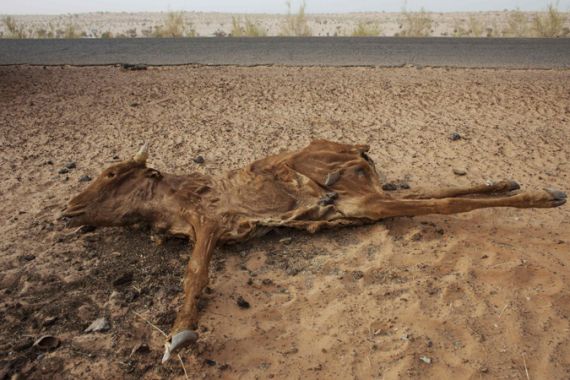
Djibo is Burkina Faso’s gateway to the Sahel. It is a dusty place with no finished roads, more donkey carts than cars and no running water in the hotels.
Everyone farms the land, but the drought has hit the region hard. The 2011 harvest was poor, and grain stores will remain empty until September, when the next harvest is due.
And in this time of scarcity, Djibo’s population has risen by almost half in recent months.
Around 10,000 Malian refugees have set up camp on the outskirts – the town is just 45km from the border.
They started arriving in January, and are now registering their children for the local school. Whether either they or the town’s long-term residents ike it or not, it looks like the refugees will be staying for a while.
Al Jazeera’s Laura Kyle took a walk through Djibo’s market, and asked people how they’re coping with the drought and their feelings towards the refugees.
| Hamadouin Tamboura, farmer |
“We work hard but gain little. We don’t have what we need, it’s not easy at all. The soil is poor and so are we. We don’t know what to do, but still we try anyway.
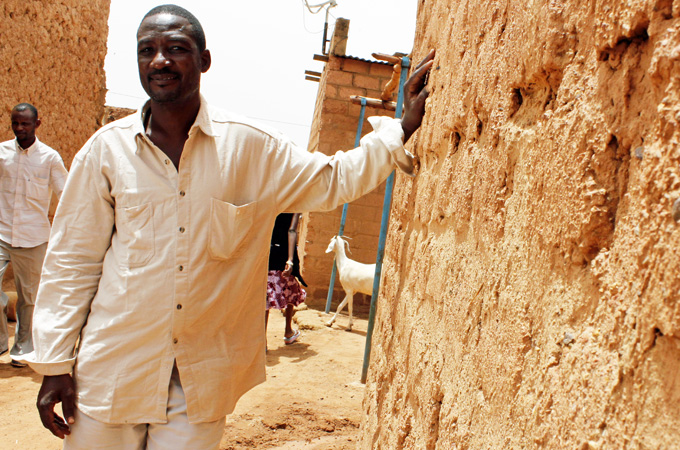 |
| [Joao Duarte/Al Jazeera] |
“It is because of the long drought. In previous years, it wasn’t this bad but now people are really tired, they’ve used up all their resources and only just to have enough to eat. In previous years it was 7,500CFA ($15) for sack of grain. Now you pay 30,000CFA ($60). You see how hard it is, it’s very difficult.
“Our animals are also suffering. We haven’t got enough to eat, so of course they haven’t either. Animals cost lot of money to feed. There’s not enough water, no pasture, even the grass is finished. The animals are eating paper and plastic, which upsets their insides.
“It’s our dream that the rains keep coming. If they don’t, it will be a catastrophe.
“The refugees create problems, because some of them came with animals and now it’s overloaded. We have no choice but to live with it. If your neighbours’ house is on fire, you have to try and save them – we’re obliged to accept them.”
| Amadou Sawadogo, businessman |
“Of course things have changed because of the refugees, we’ve had a big influx of people who’ve run away from the conflict in Mali. We’ve got to find space for them, they need food and what everyone else needs to stay alive – that has to be found.
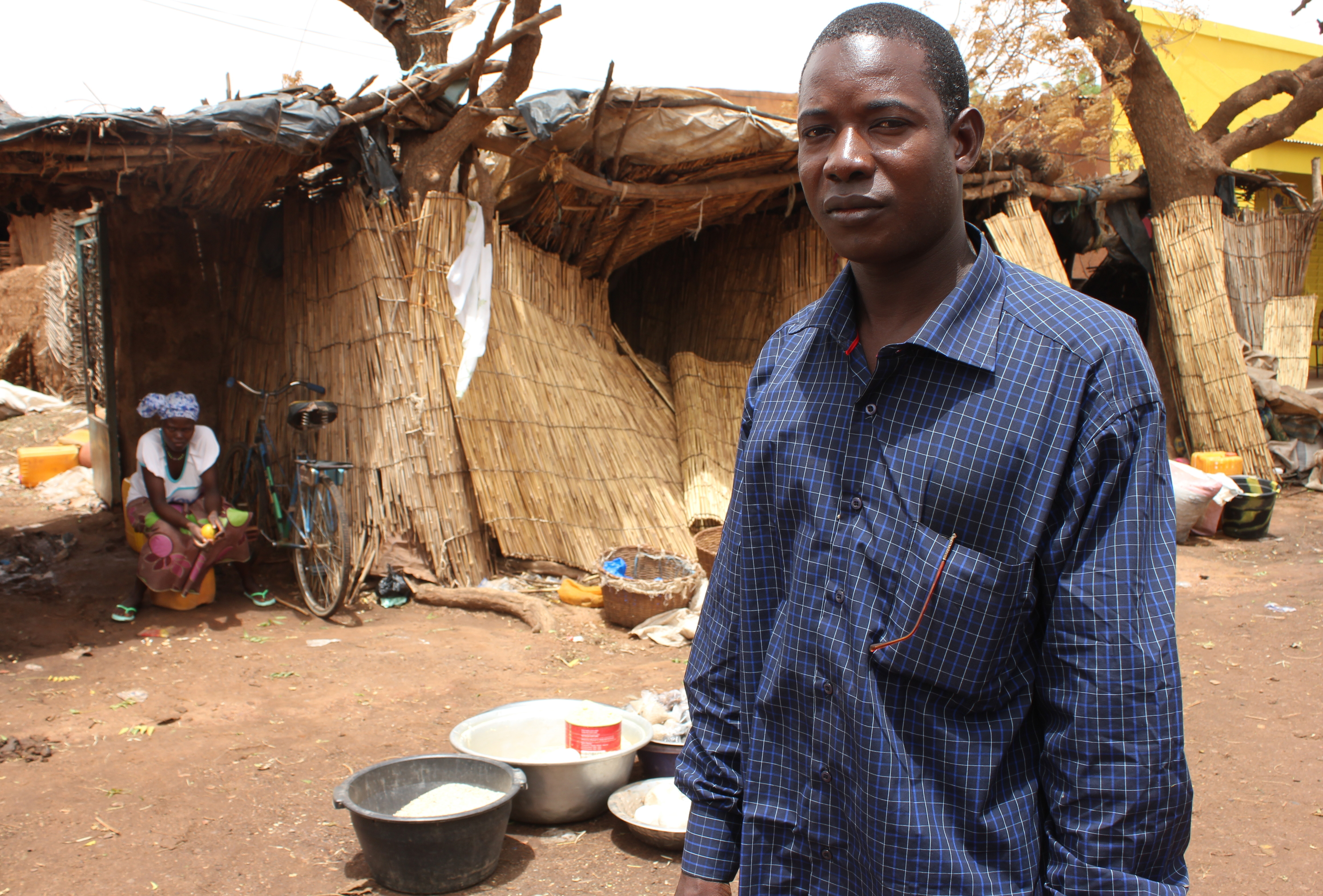 |
| [Joao Duarte/Al Jazeera] |
“The last rainy season was unpredictable. Everyone planted last year but so far nothing’s grown. So the fact we’re yet again welcoming our neighbours is bound to make things difficult, especially in terms of food.
“There hasn’t been any tension as far as I know, since they’ve come. We’ve welcomed them and given them shelter and some are even living here in the town with us.
“They’ve been here before and I don’t think they’ll have any trouble integrating. If they stay a long time, I don’t think that’ll create any difficulties.
“The government is helping people here cope with the drought – they can’t do more than they’re able, but they’ve done what they can. Some NGOs, such as Oxfam, have come in to help us do projects.”
| Mimi Tamboura, journalist |
“It’s difficult here – there’s nothing to eat, it’s very hot, the rains are sporadic and, because of that, there’s not enough water and it makes people and animals suffer.
“Because the rains didn’t come, the growing season didn’t start when it should, and the harvests have not been good. We keep consuming and consuming and finding food difficult – the grain stores are almost empty.
“[The] government has now brought in grain that people can buy at reduced prices and we’re getting by with that. The trouble is, people get married all time and have lots of babies. We’re trying to make people aware of family planning.
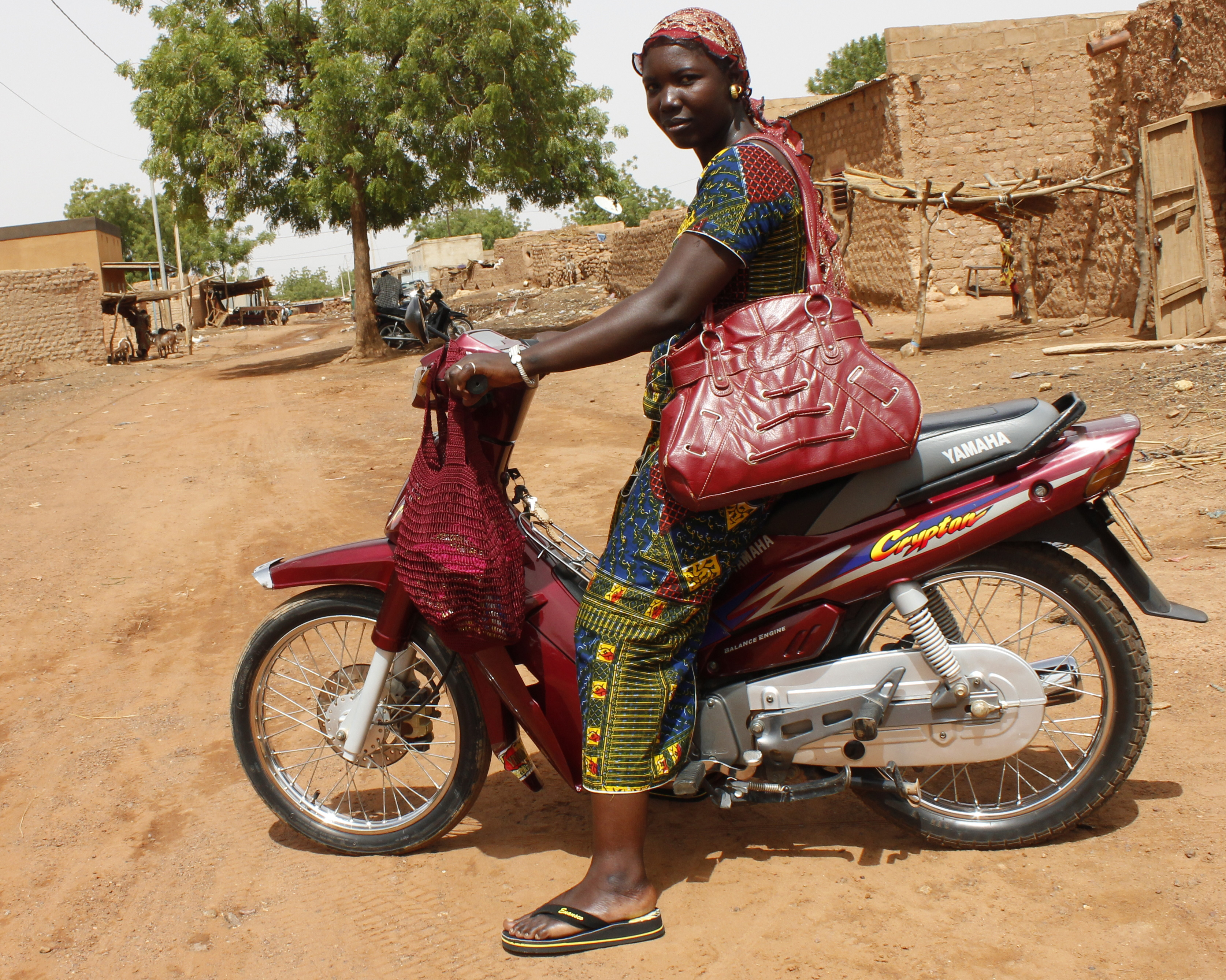 |
| [Joao Duarte/Al Jazeera] |
“The ones who have been to school are becoming aware of what needs to happen – they’re being encouraged not to have babies every single year so the children don’t get malnourished.
“Women have to battle to feed their children, things are very expensive – weddings and christenings cost a lot. It’s tradition to give gifts when people get married and have babies. That’s also expensive and people spend money on that instead of food.
“We also have a problem with our roads. They’re very bad and when it takes longer for merchants to go to the capital to get their goods, it adds to price in the market.
“We had problems finding food and water before the refugees arrived. Now they’ve definitely made it more difficult.
“Last year, a tin of grain cost 400-500CFA ($8-10), now it’s 600-700CFA ($12-14). Refugees have contributed to this rise in prices.”
| Mahamadi Ouedraogo, civil servant |
“Things are difficult, but it did rain two days ago, so things are looking up a bit. Everyone here lives off agriculture, even shopkeepers and civil servants have their own fields.
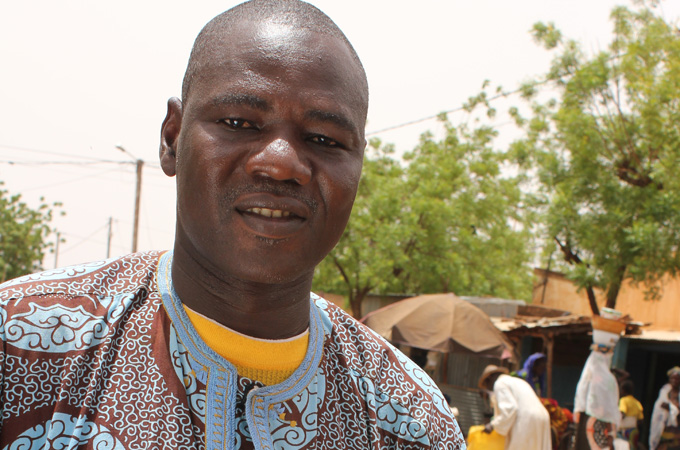 |
| [Joao Duarte/Al Jazeera] |
“So almost everyone pins their hopes on the crops in the field. Everyone’s waiting for the rains. We hope this year the season will be good.
“Life was already expensive before the refugees came and their arrival has definitely affected us.
“Some have rented houses in town – they’ve got money and rent for the first price the landlord asks for. Here, people negotiate hard to get a good deal. Now, for a mid-level civil servant like me, to afford a house is very difficult
“Our government does not have the resources to provide for the refugees, so the UN has a duty to give them food, even when it’s difficult for us to feed ourselves.
“I think our government also makes efforts to feed its own people – shops have been set up so people can buy food cheaply. It might seem at first sight that foreigners are being helped and locals aren’t, but I don’t think that’s true. Refugees get help from outside our country. We help our own people.
“People for now are getting on well with each other, we know these people have come because of difficulty and for their safety. We hope it will stay like that.
“They’ve been here before in 1994. They stayed three to four years. If peace prevails, then I think they’ll leave.”
Follow Laura Kyle on Twitter: @lkynews